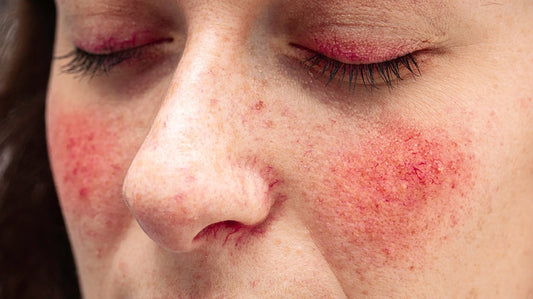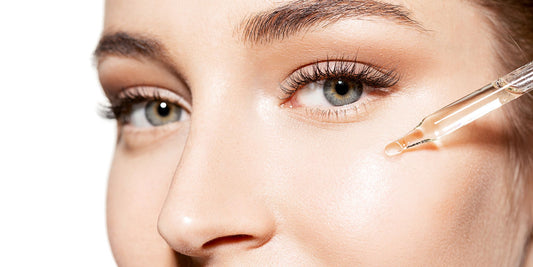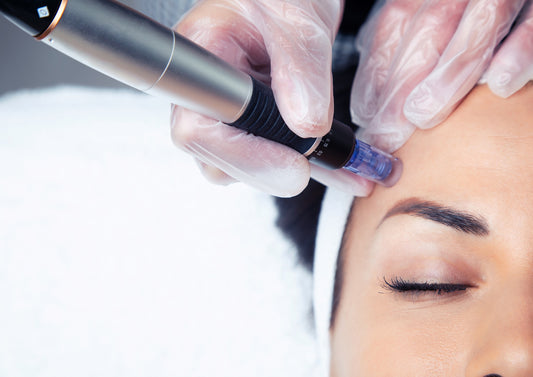Discover Your Skin

Understanding Of Rosacea
Rosacea is one of the world’s most common skin conditions and is said to affect over 415 million people all across the globe. Some of its most recognisable symptoms include facial...
Understanding Of Rosacea
Rosacea is one of the world’s most common skin conditions and is said to affect over 415 million people all across the globe. Some of its most recognisable symptoms include facial...

What's The Deal With Oily Skin?
Of the four basic types of skin – normal, dry, combination and oily – it’s the latter that seems to attract the most attention. For those who suffer from it,...
What's The Deal With Oily Skin?
Of the four basic types of skin – normal, dry, combination and oily – it’s the latter that seems to attract the most attention. For those who suffer from it,...

Sun Care
We put our skin through a lot of things that can damage it including stress, sugar, smoking etc. But one of the most unhealthy things you can subject your skin to...
Sun Care
We put our skin through a lot of things that can damage it including stress, sugar, smoking etc. But one of the most unhealthy things you can subject your skin to...

Removing Tattoos? Here's What To Expect
Got a tattoo years ago and regret it now? Thanks to technology these days, unwanted tattoos can be removed – but keep in mind that some tattoos can be harder...
Removing Tattoos? Here's What To Expect
Got a tattoo years ago and regret it now? Thanks to technology these days, unwanted tattoos can be removed – but keep in mind that some tattoos can be harder...

3 Serums We Love
Does your sensitive skin turn red during the day? Maybe you spent a little too much time in the sun as a kid and now you have pigmentation? Or perhaps...
3 Serums We Love
Does your sensitive skin turn red during the day? Maybe you spent a little too much time in the sun as a kid and now you have pigmentation? Or perhaps...

Microneedling 101
Microneedle Mesotherapy (aka Microneedling) is a treatment that uses very small needles to make tiny holes into the skin to treat various conditions including scarring, stretch marks and wrinkles. Microneedling’s...
Microneedling 101
Microneedle Mesotherapy (aka Microneedling) is a treatment that uses very small needles to make tiny holes into the skin to treat various conditions including scarring, stretch marks and wrinkles. Microneedling’s...
